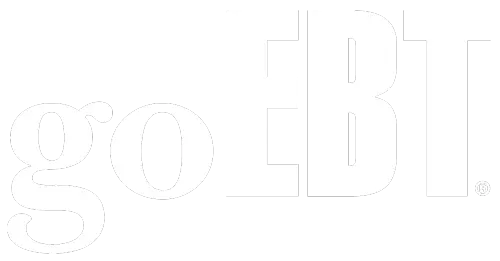SNAP retailer requirements are strict, and keeping track of mistakes can be a complex process. Although SNAP fraud is relatively rare, failure to comply with program rules can result in severe consequences for your business, such as: Temporary or permanent disqualification from the program Monetary penalties and fines Criminal prosecution To help you navigate program rules, we’ve put together a list of common types of fraud and errors that you’ll want to avoid as a SNAP-authorized retailer.
Are You Stocking SNAP Eligible Items?
Part of accepting EBT or SNAP payments in your store is making sure that you are carrying the right food and beverage products to not only remain an authorized SNAP retailer, but also keep cardholders satisfied. Adhering to the USDA’s regulations on SNAP eligible items and also meeting customer demands can be a challenge, but staying in the know will ensure your business can continue increasing profits by accepting SNAP benefits with EBT processing.
What items do you HAVE to carry?
If you are already an FNS authorized SNAP retailer, and currently accept EBT payments, you’re probably well aware of the requirements for food and beverage products you should have in your store. If not, you should definitely review the list of requirements and prepare your store prior to applying for your FNS number. Either way, being familiar with the list and stipulations is important.
To be eligible to accept SNAP benefits or EBT payments your store must have at least 3 varieties of food in each of the following staple food groups:
- Meat, poultry, fish
- Bread or cereal
- Vegetables or fruits
- Dairy products
The store must have these items available for sale on a continuous basis to be eligible to accept SNAP and EBT payments.
What kinds of items do and do not qualify for purchase with SNAP?
It’s important to be clear about what kinds of foods and drinks fit into the categories listed above and can be purchased in your store with a SNAP EBT card. The Food and Nutrition Act of 2008 details these specifics. Under this act, the following are not eligible for SNAP purchases:
- Alcohol
- Tobacco
- Hot food or food for on-premises consumption
- Pet food
- Soap
- Paper products
- Medicines and vitamins
- Household supplies
- Grooming items
- Cosmetics
When it comes to food items, the following are also not eligible for purchase with SNAP benefits:
- Energy drinks that have a supplement facts label
- Live animals and birds
- Inedible gourds and pumpkins
- Gift baskets that contain both food & non-food items (Find the most recent notice about these here)
The general guideline for which items are available to be purchased with SNAP benefits and EBT cards are that they are either foods for the household to eat or seeds and plants which can produce food to eat. However, there are some exceptions for eligible food items that might not be very obvious and actually are eligible for purchase with SNAP benefits, such as:
- Seafood, steak, and bakery cakes
- Energy drinks that have a nutrition facts label
- Low-cost meals from restaurants in some areas for homeless, elderly, or disabled people
- Live fish such as lobsters and other shellfish
Can customers buy “junk food” with their EBT cards?
Because the Food and Nutrition Act specifically incorporates the definition of “food”, any change to it would require Congressional action. Congress has considered this sort of change in the past, but later determined that placing limits on the kinds of food items that can be purchased with SNAP benefits would be a costly burden. This means that all of the following are eligible for purchase with SNAP benefits:
- Soft drinks
- Candy
- Cookies
- Snack crackers
- Ice cream
Lately, many Americans have become more interested in fresh fruits and vegetables. Consumers value access to healthier food options which means while you'll still sell a lot of snack foods, you can really add value to your store by stocking the fresh and healthy items.
What if a customer tries to buy an SNAP ineligible item with their EBT card?
If your store doesn’t have a fully integrated POS system that scans barcodes and automatically knows which items are SNAP eligible, you’ll have to closely monitor your sales. Because the rules for eligible items are pretty general and most EBT cardholders are aware of them, you should not run in to too many issues with consumers. However, it is your responsibility as a SNAP retailer to make sure you are not processing EBT transactions that include the cost for ineligible items.
We’ve developed an easy to read guide for your store to help you and your customers understand what they can and cannot purchase with their SNAP EBT card.

![HiRes-4-e1461167075975[1]](https://blog.goebt.com/hubfs/HiRes-4-e1461167075975%5B1%5D.jpg)


